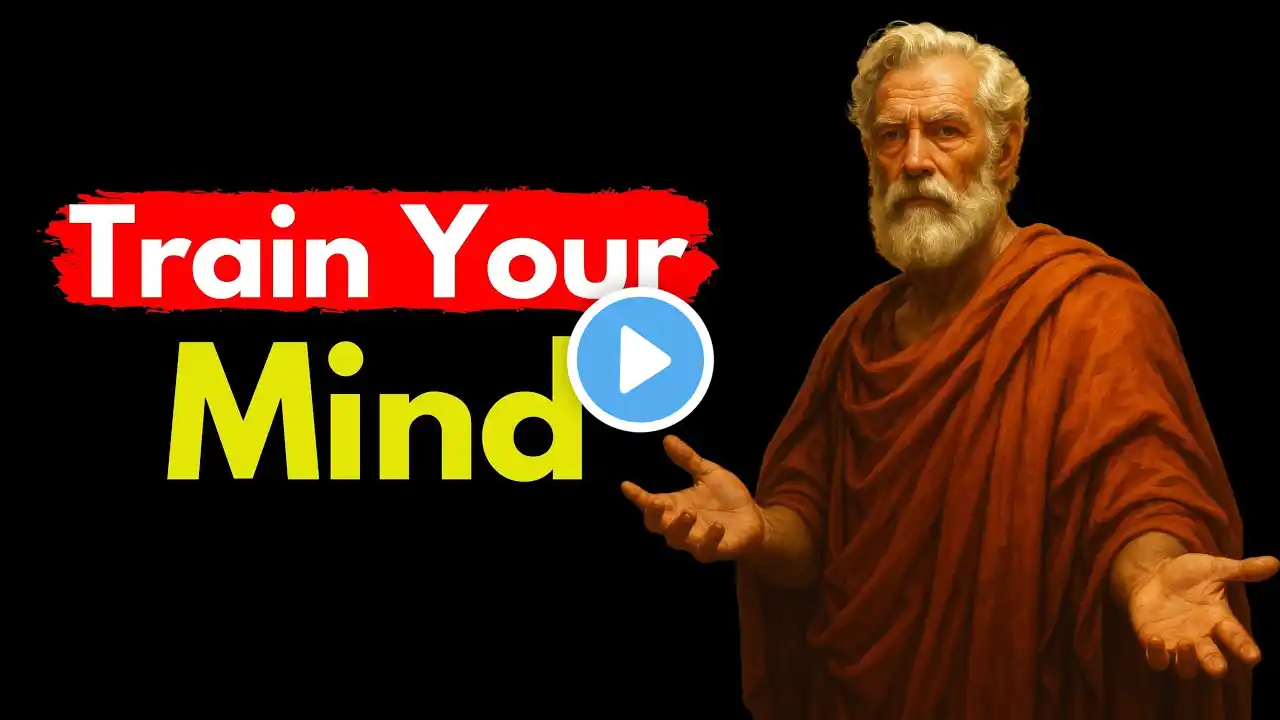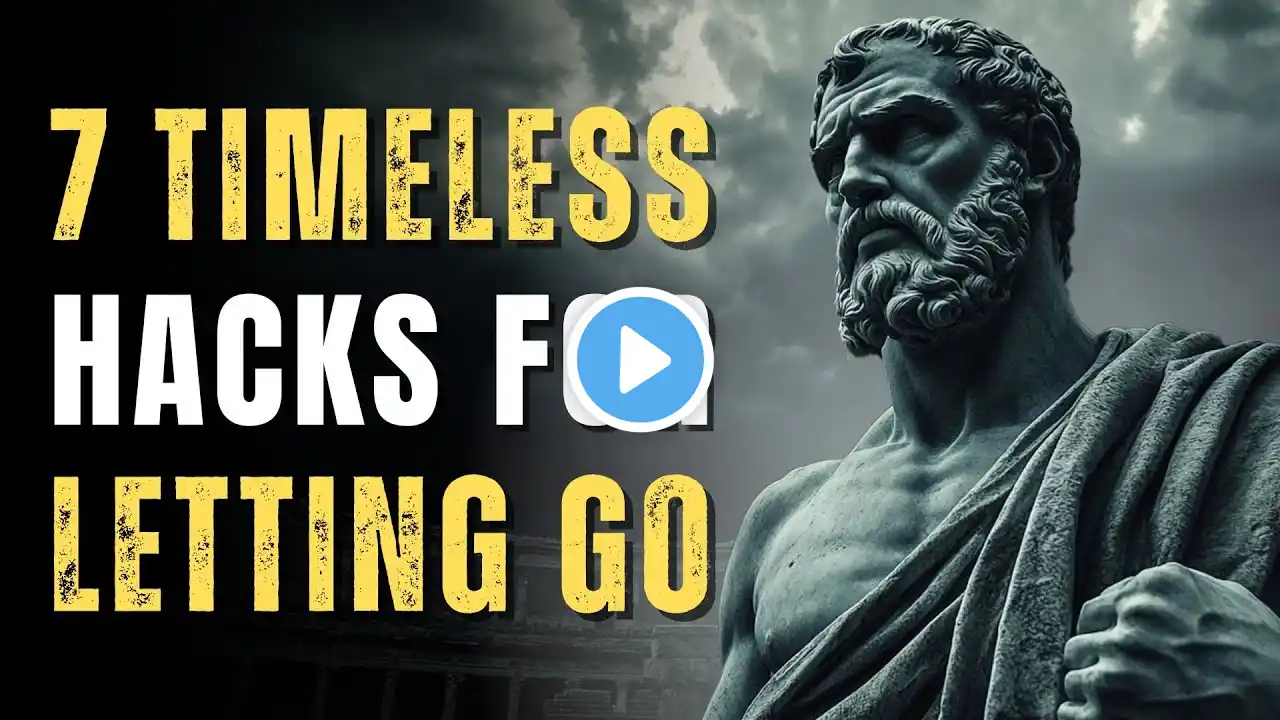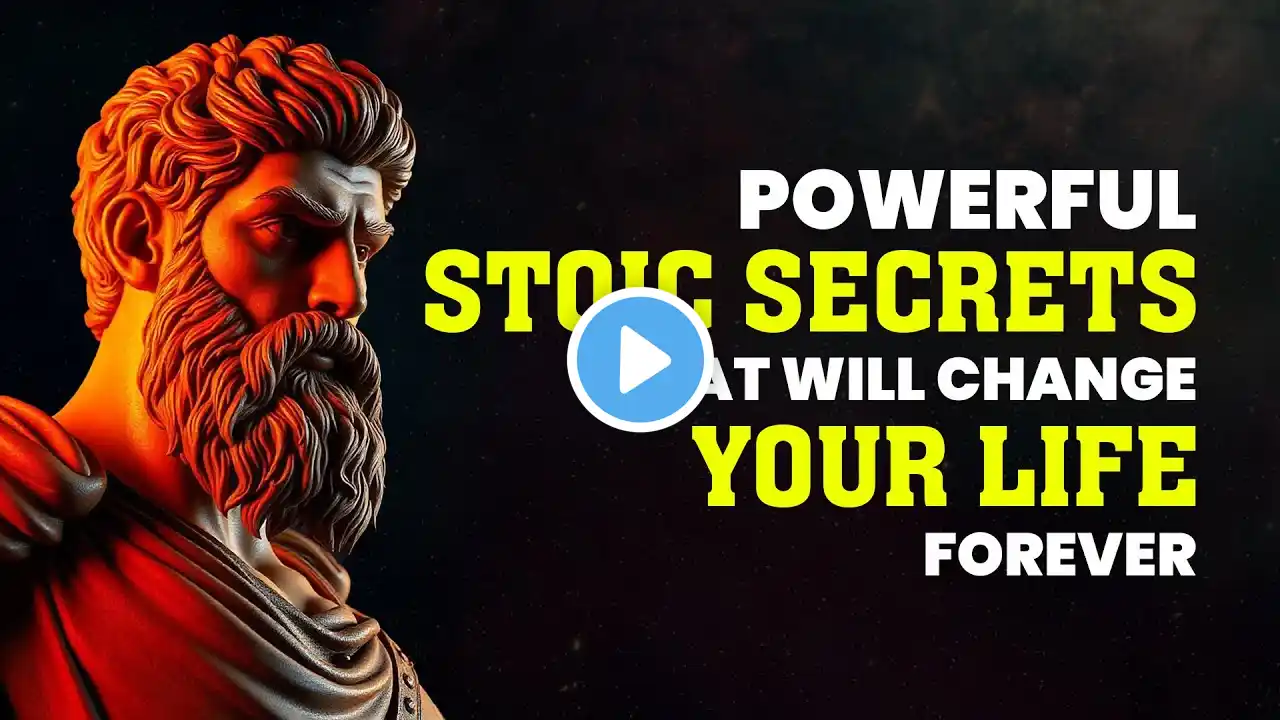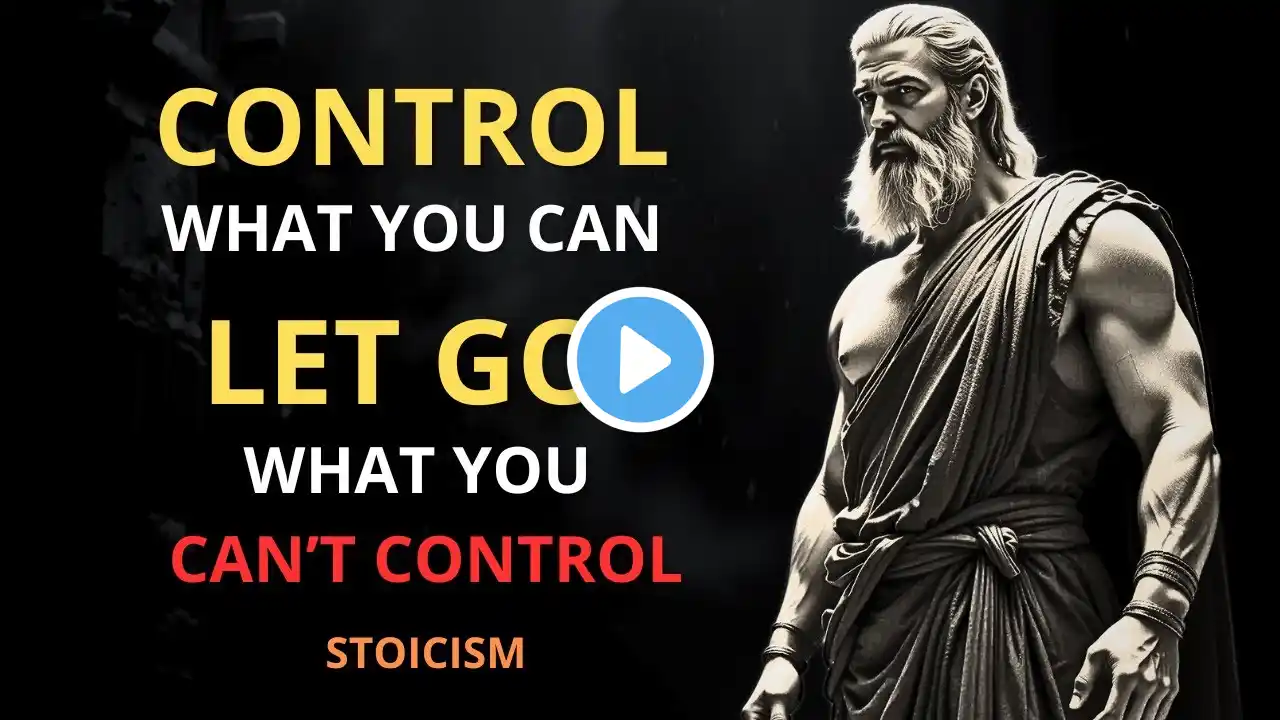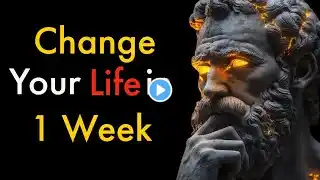
Unlock Stoic Secrets To Accepting What You Can’t Control.
The script “Unlock Stoic Secrets To Accepting What You Can’t Control” is a powerful, emotionally charged journey that blends personal storytelling with timeless Stoic wisdom. Designed to inspire, it confronts life’s harshest realities—illness, betrayal, loss, and chaos—by teaching the liberating practice of radical acceptance through the lens of ancient Stoic philosophy. The story begins in a deeply emotional hospital scene where the narrator stands helplessly beside his brother in a coma. Overwhelmed by the urge to act, the narrator hears a quiet inner voice say, “Accept.” This moment sparks a transformation. Acceptance doesn’t mean giving up—it means facing brutal reality without resistance. The script introduces Stoic philosopher Epictetus, who famously said: “Some things are up to us, and some things are not.” This concept becomes the core theme. Through vivid examples, the narrator contrasts common emotional reactions—rage in traffic, despair over loss—with Stoic responses of calm and clarity. The script weaves in the teachings of other Stoics like Seneca, who warned that “we suffer more in imagination than in reality,” and Marcus Aurelius, who reminded us that we have power over our mind, not external events. Real-life stories further ground the message. Daniel, a friend diagnosed with terminal cancer, chooses to face his fate with love and dignity. Viktor Frankl, Holocaust survivor and philosopher, finds freedom even in a concentration camp through his ability to choose his attitude. Josh, a young man paralyzed in an accident, rebuilds his identity by embracing Stoic principles and helping others. The narrator shares his own trials, including losing everything in a house fire. Rather than collapsing, he draws strength from Marcus Aurelius’ teachings, choosing to rebuild rather than mourn the ashes. Another touching story is about Naomi, a single mother pushed to the brink by stress and poverty, who finds peace by gradually adopting Stoic discipline. The tone of the script shifts from dark and painful to empowering and transformative. Viewers are invited to stop resisting what they can’t change and instead own their response. They’re challenged to adopt a new mindset: “Not ‘why me,’ but ‘what now?’” The script introduces the Stoic concept of amor fati—love your fate—and highlights how embracing adversity reveals strength, not weakness. The climax leads to a metaphorical and literal storm. Standing at a friend’s grave in the rain, the narrator sees a tombstone that simply reads: “They Accepted.” This visual becomes the ultimate symbol of Stoic acceptance, peace, and power. The script concludes with a final Stoic challenge: one week of practicing radical acceptance, ending with three daily questions for reflection. The viewer is reminded that the real battle is within, and that when you stop needing control, you gain something greater—unshakable inner peace. In the end, the message is clear: “The Stoic doesn’t fight the storm. The Stoic becomes the eye of the storm.” It’s an invitation to embrace a new way of living—one of calm, courage, and clarity in the chaos of life. #stoicism #stoic #stoicphilosophy #marcusaurelius #dailystoic #stoicquotes #epictetus #seneca #stoicmindset #philosophy #wisdom #quotes #motivation #inspiration #philosopher #philosophyquotes #stoics #meditation #selfimprovement #mindset #psychology #socrates #carljung #discipline #nietzsche #jordanpeterson #lawsofpower #quoteoftheday #mentalhealth #stoicismdaily

